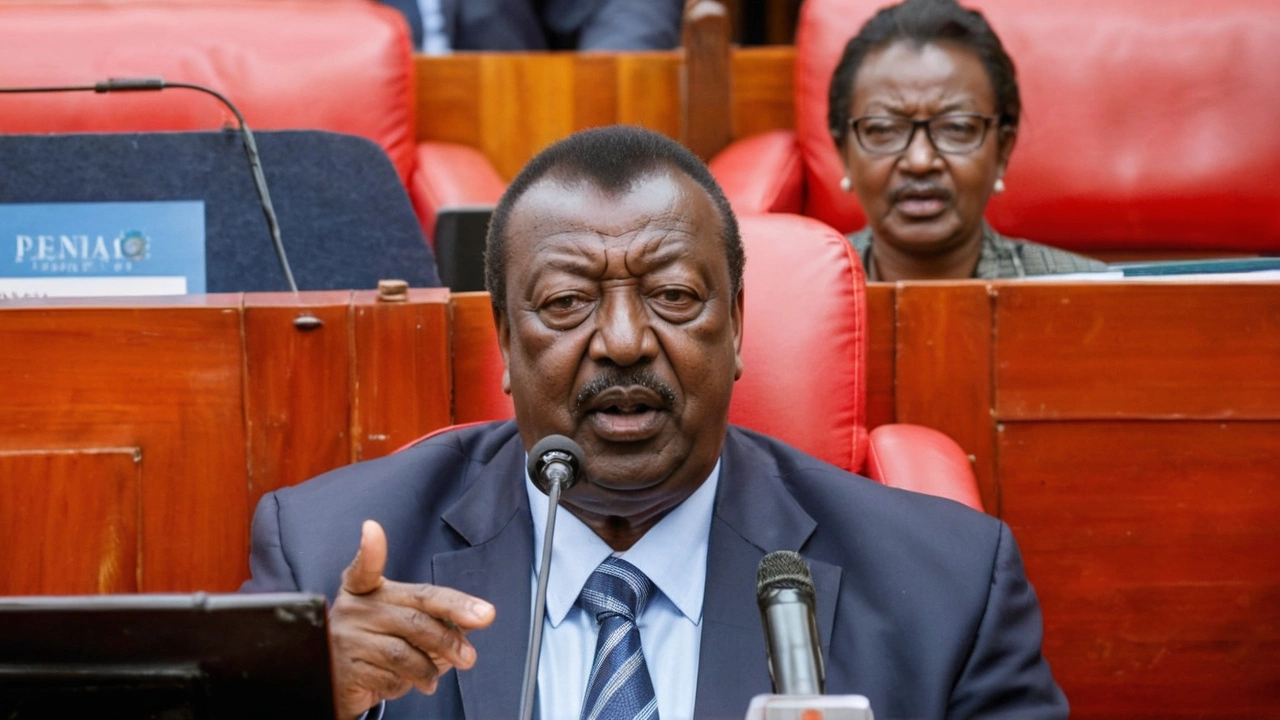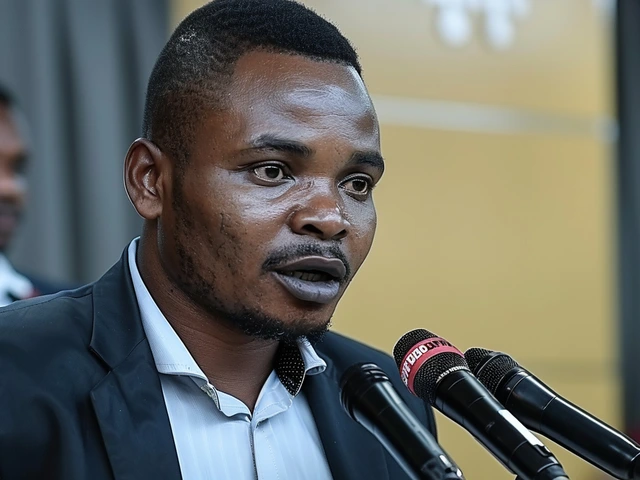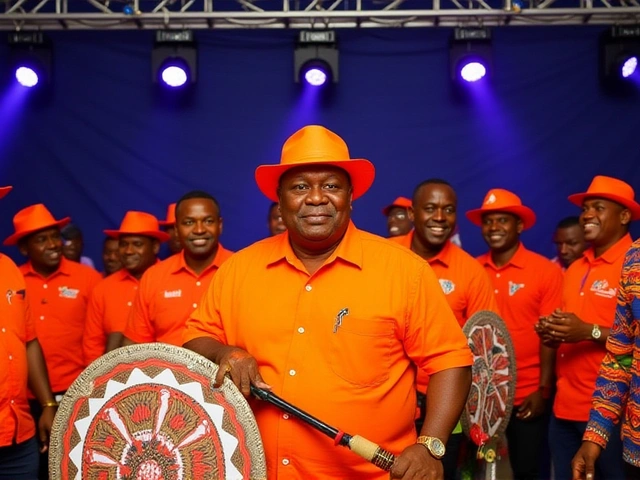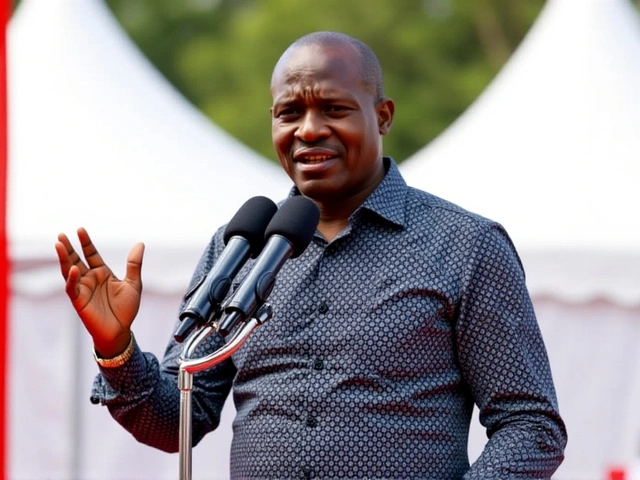Introduction: The Announcement and Context
In a recent statement, Prime Cabinet Secretary Musalia Mudavadi emphatically dispelled rumors that the Kenyan government is planning to sell off the nation's busiest airport, the Jomo Kenyatta International Airport (JKIA). Mudavadi addressed this issue while appearing before the Budget and Appropriations Committee to defend the supplementary budget estimates for the 2024/2025 financial year. His appearance and the statements made therein have gone a long way in clarifying the government's position on the future of JKIA.
Clarification on the Airport Sale Rumors
Concerns had been mounting over the possibility of JKIA being sold to private entities, fueled by speculations and unverified reports. However, Mudavadi categorically stated that no plans for such a sale have been made. He emphasized that any decision to sell the airport would have to pass through the appropriate parliamentary channels and require a full public process. This includes obtaining parliamentary approval, which serves as a robust counterbalance to hasty executive actions, ensuring transparency and accountability in all major governmental decisions.
The Government's Vision for JKIA
Rather than selling, the government has charted a comprehensive plan to modernize JKIA, aiming to address several pressing issues that have plagued the facility. The modernization efforts include constructing a new terminal to enhance the passenger experience and increasing the airport's capacity to handle more traffic. These improvements are intended to position JKIA as a competitive hub in the region, ensuring it meets international standards and offers a seamless travel experience for passengers.
Addressing Current Issues at JKIA
Among the challenges that the modernization plan aims to tackle are the leaking roofs, inadequate drainage systems, and lack of sufficient shelter for passengers. These issues have not only created discomfort for travelers but have also impacted the airport's operational efficiency. Mudavadi underscored the government's commitment to resolving these issues, stating that the planned upgrades are critical for the airport's functionality and its reputation as a key gateway to East Africa.
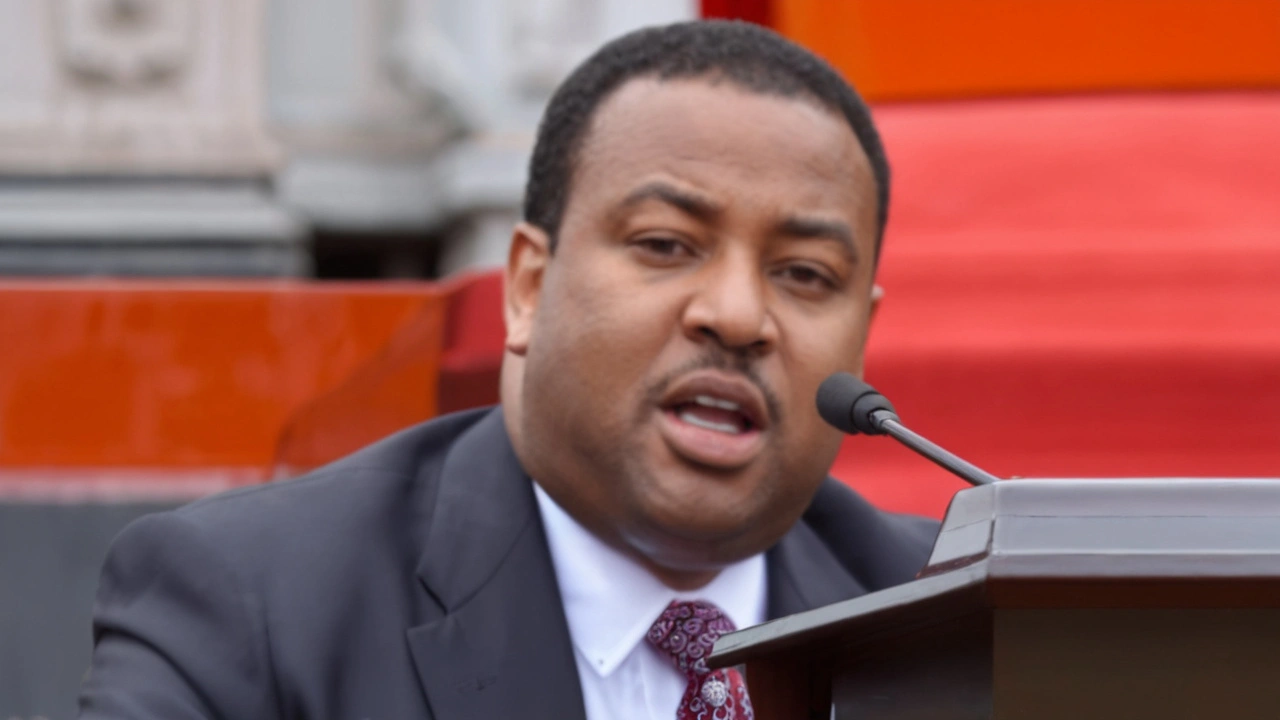
Response to Leasing Allegations
In light of allegations suggesting that the government had entered into a secretive agreement to lease JKIA to Adani Airport Holdings Limited, an Indian firm, Mudavadi made it clear that no such deal exists. He reiterated that any agreement of this nature would require full parliamentary endorsement. This statement was meant to reassure stakeholders and the public that transparency remains a cornerstone of the government's policy-making process.
Scrutiny of the Transaction Advisor and Ownership Questions
During the committee session, Kisii Senator Richard Onyonka sought further clarification regarding the contract between the Kenya Airports Authority and ALG, a Spanish firm serving as the transaction advisor. He also raised questions about the ownership of Adani Commercial and the process by which the contract to develop an Air Transport Policy in Kenya was awarded. These inquiries highlight the need for clarity and scrutiny in government dealings to prevent potential conflicts of interest and maintain public trust.
The Importance of Public and Parliamentary Oversight
Mudavadi's reassurances serve as a reminder of the checks and balances embedded in Kenya's democratic framework. By involving parliament and ensuring a public process, the government seeks to maintain transparency and inclusivity in its decision-making. This approach not only fosters greater public confidence but also aligns with democratic principles that prioritize accountability and public participation.
Future Prospects: Impact and Importance of Modernization
As Kenya works towards enhancing its infrastructure, the modernization of JKIA is a critical step in bolstering the country’s position as a central aviation hub in Africa. Improved facilities and increased traffic capacity are expected to attract more airlines and passengers, fostering economic growth and facilitating international trade and tourism. By investing in modern infrastructure, Kenya aims to create a conducive environment for business and leisure travel, ultimately benefiting the country's economy and international standing.
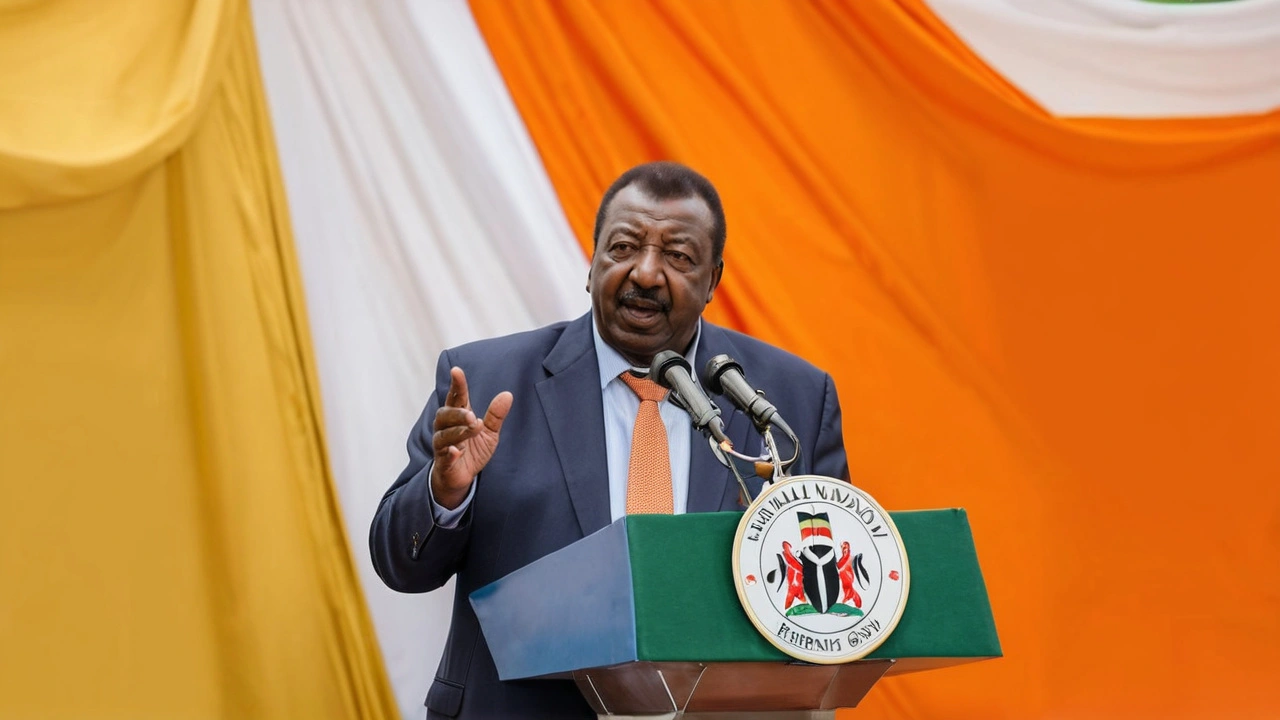
Conclusion: Reaffirming Commitment to Transparent Governance
Mudavadi's address before the Budget and Appropriations Committee has provided necessary clarity on the government's stance regarding JKIA. By confirming that there are no plans to sell or lease the airport without due process, he has put to rest many of the concerns that had been circulating. The focus on modernization underscores the government's commitment to improving public infrastructure, thus serving the best interests of the country. Moving forward, all eyes will be on the implementation of these upgrades and the continued adherence to transparent practices in governmental operations.

